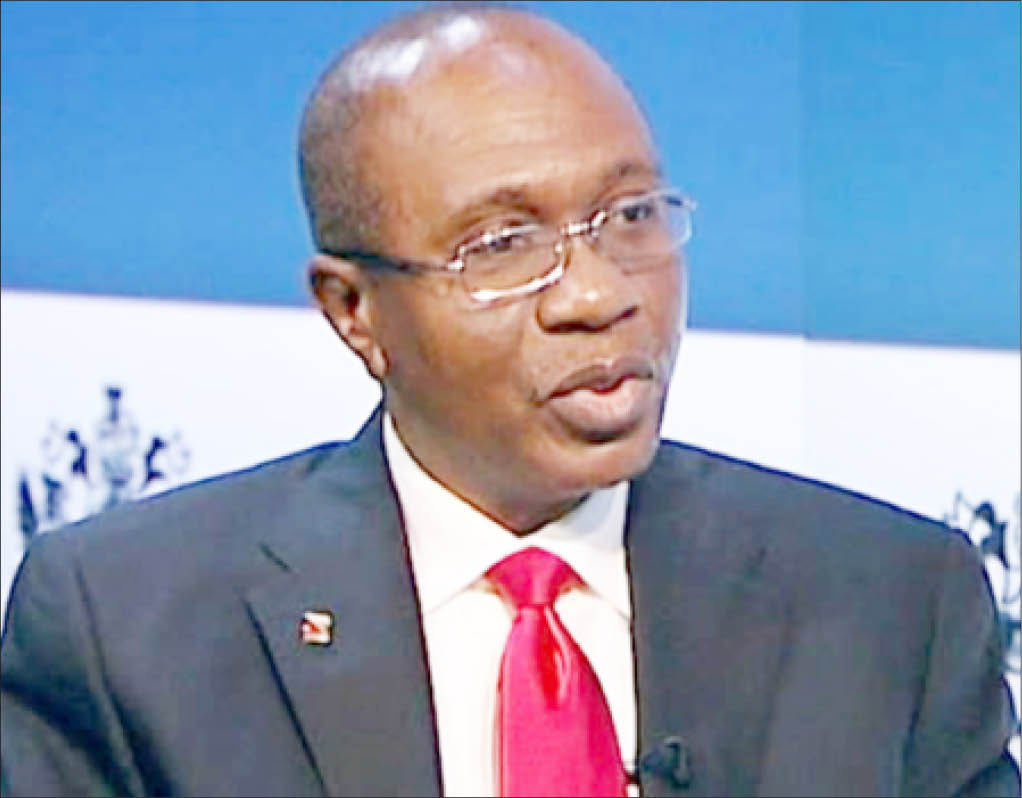The Monetary Policy Committee of the Central Bank of Nigeria has voted unanimously to raise the benchmark interest rate to 13% after two and half years of expansionary monetary policy.
This was disclosed by the Governor of the CBN, Godwin Emefiele, while reading the communique of the 142nd monetary policy committee meeting yesterday in Abuja.
Attention on Jamil Gwamna as PDP hold governorship primaries
Kogi gov’t warns workers against joining Labour Party
The rate which had been at 11.5% since September 2020 has now been raised by the apex bank in a bid to spur recovery from the latest inflation rate rising above 16%.
CBN’s aggressive move is targeted at curbing the rising rate of inflation in the country, while still cautiously ensuring economic growth.
The MPC noted that the available data on key macroeconomic indicators suggest that the recovery of output growth will continue, but at a more subdued pace considering the unfolding domestic and external shocks to the economy.
The MPC noted the sharp rise in inflation in both the advanced and emerging economies driven by rising aggregate demand and by disruptions to the global supply chain due to the Russia-Ukraine crisis.
As for the domestic economy, the committee expects the upward trend to continue in light of the buildup of increased spending related to the 2023 general elections. Headline inflation stood at 18.92% y/y, in April ’22.
Considering this, the committee decided to shift from its historically cautious approach to interest rates to a policy rate hike, while still adopting an accommodative approach to development finance initiatives that have helped the growth of the economy and supported recovery.
The committee is of the view that the interest rate of the development finance initiatives of the CBN should remain at 5% at least till March 2023.
The MPC noted that loosening in the face of the rising policy rate in advanced economies may result in sharp rises in capital outflow, faster drying up of credit lines, and further inflationary pressure.
The MPC also noted that a hold stance could strengthen the perception that the CBN has abandoned its primary mandate of taming inflation.
The committee believes that tightening would help moderate the inflationary pressure and exchange rate depreciation as well as moderate the speed of capital flow reversals, provide an incentive for foreign capital inflows, and sustain remittances. Furthermore, tightening could moderate the FGN’s domestic borrowing as the government’s debt-service-to-revenue ratio has increased considerably in recent times and threatens debt sustainability
Founder/CEO Centre for the Promotion of Private Enterprise, Dr Muda Yusuf said the outcome of the MPC meeting on 24th May 2022 was not unexpected having regard to the intense inflationary pressures, the increasing risks to price stability, and the policy tightening trend by Central Banks globally.
He said: “The primary mandate of the CBN is price stability. Numerous headwinds had posed significant risks to this critical CBN objective. Some of these include the surge in commodity prices and impact on energy costs, a spike in domestic liquidity from electioneering-related spending, and global supply chain disruptions.
“The hike in MPR by 150 basis points to 13% by the MPC is therefore understandable. But whether this would significantly impact inflation is a different matter.”
He argued that already, bank lending has been constrained by the high CRR [many operators in the sector claim that effective CRR is as high as 50% or more for many banks], the discretionary debits by the apex bank, the 65% Loan to Deposit Ratio [LDR] and liquidity ratio of 30%.
Similarly, Professor of capital market, Uche Uwalake said: “With the hike in policy rates by the US Fed, the European Central Bank and the South African Reserve Bank to name a few, all in a bid to cage elevated inflation, I would have been surprised if the MPC of the CBN did not adopt a hawkish policy stance.
“If you noticed, the equities market tanked last week after printing strong gains in the previous two weeks. The sell offs witnessed were not unconnected with the expectation that the MPC would likely jerk up the MPR which they have now done.
“In my view, the two major reasons that inclined the MPC to do so are rising inflation and weakening naira.”
He argued that understandably, the current MPR of 11.5% has been in place since September 2020. The need to stem capital flight against the backdrop of rising yields, especially in the US and Europe was a major consideration for the MPC this time around.
By Sunday Michael Ogwu & Chris Agabi

 Join Daily Trust WhatsApp Community For Quick Access To News and Happenings Around You.
Join Daily Trust WhatsApp Community For Quick Access To News and Happenings Around You.


